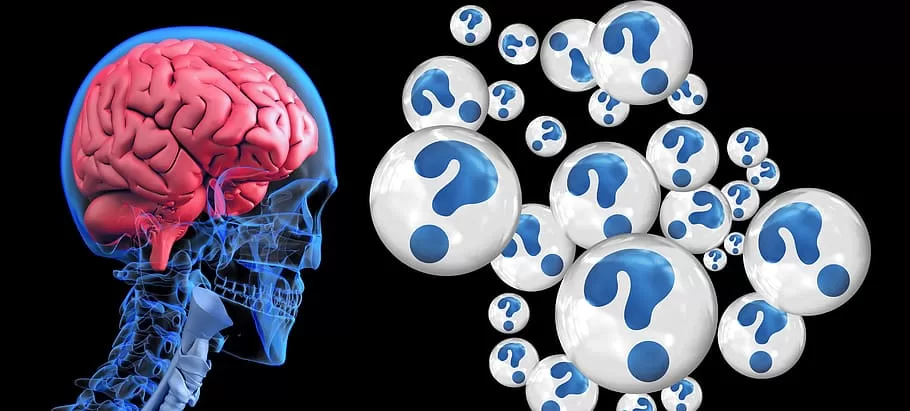New Research Reveals Neural Secrets of False Memories
2 min read
New Research Reveals Neural Secrets of False Memories
False memories are memories that are not accurate. They can be based on real experiences, but they are often distorted or exaggerated. In some cases, false memories can be completely fabricated.
While false memories can be harmless, they can also have serious consequences. For example, false memories have been implicated in wrongful convictions and post-traumatic stress disorder (PTSD).
Scientists are still trying to understand how false memories are formed and retrieved. However, recent research has shed some light on the neural mechanisms behind false memories.
A study published in the journal Nature Neuroscience in 2023 found that electrical signals in the hippocampus, a brain region that is involved in memory formation and retrieval, differ immediately prior to the recollection of true and false memories.
Compared to true recalls, the brain exhibited lower theta and high-frequency oscillations and higher alpha/beta oscillations before false memories. The degree of hippocampal activity could also reflect the similarity between correct and false memory, whether it was based on source or semantic context.
These findings suggest that the hippocampus plays a key role in distinguishing between true and false memories. However, more research is needed to understand the specific mechanisms involved.
False memories can have a significant impact on people’s lives. For example, a person with false memories of abuse may be more likely to develop PTSD. Or, a person with false memories of a crime may be wrongfully convicted.
The research on false memories is still in its early stages, but it has the potential to lead to new ways to prevent and treat disorders associated with false memories. For example, scientists may be able to develop therapies that help people to distinguish between true and false memories.
What can you do to protect yourself from false memories?
There are a few things you can do to protect yourself from false memories:
- Be aware of the factors that can influence false memories, such as misinformation and leading questions.
- Be critical of your memories and don’t be afraid to question them.
- If you have concerns about a particular memory, talk to a therapist or counselor.
If you are ever involved in a legal proceeding, it is important to be aware of the potential for false memories. If you have any concerns about a particular memory, be sure to discuss them with your attorney.
False memories are a complex phenomenon that is not yet fully understood. However, recent research has shed some light on the neural mechanisms behind false memories. This research has the potential to lead to new ways to prevent and treat disorders associated with false memories.
In the meantime, there are a few things you can do to protect yourself from false memories: be aware of the factors that can influence false memories, be critical of your memories, and talk to a therapist or counselor if you have concerns about a particular memory.
Source






